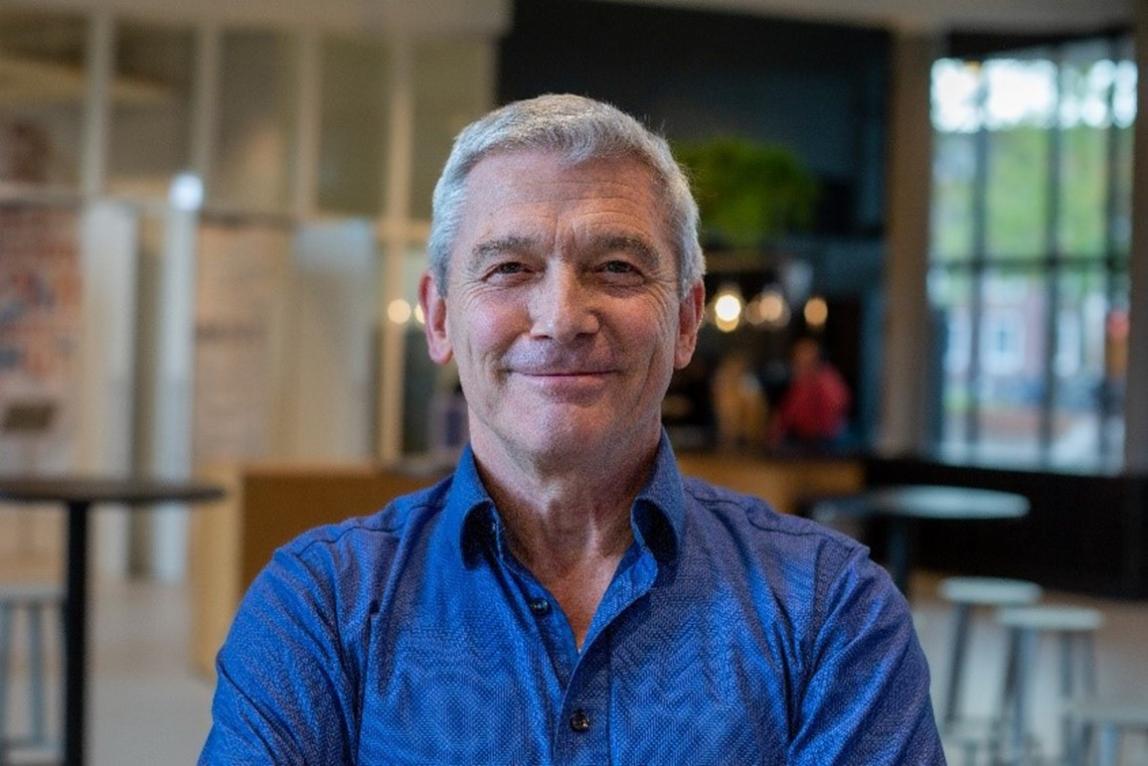
I mainly tell them how not to do it!
12/14/2022 - 12:38
‘Retiring!? Who told you that!? Yes, in one year, nine months and two days...’ Oh dear, that almost sounds like Rien Smalheer, lecturer of Built Environment at BUas has had quite enough of it. But nothing could be further from the truth. In cooperation with alumni and a large network in the field, he still – after almost 25 years – knows how to enthuse his students. ‘I mainly tell them how not to do it!’